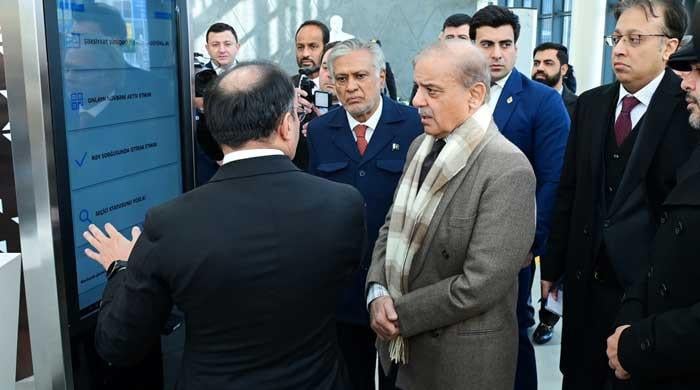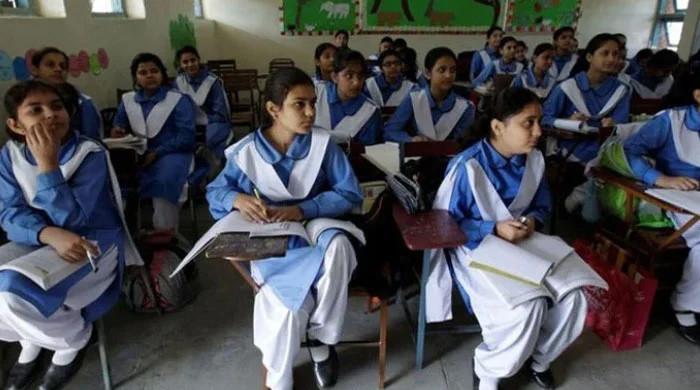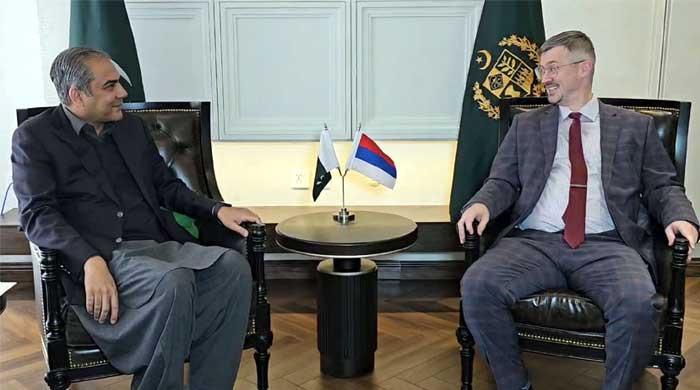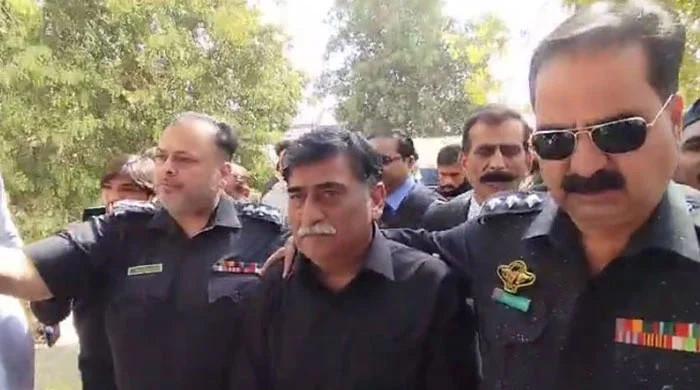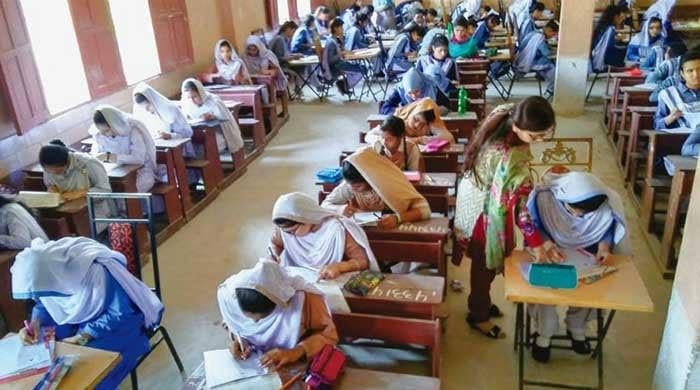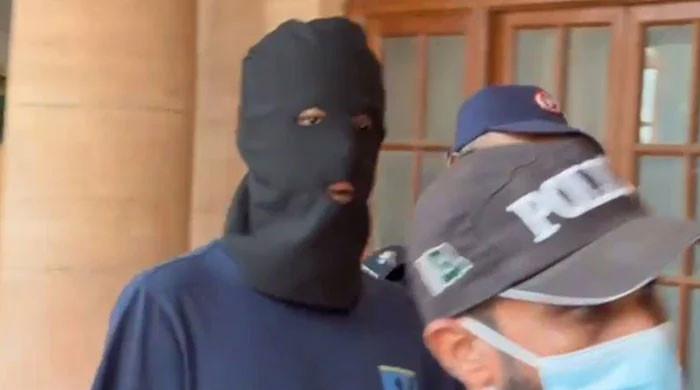Pakistani students in Bangladesh moved to safety amid deadly protests: FO
"All students are safe," says FO spokesperson as death toll of demonstrations against job quota soars
July 20, 2024

- FO assures safety of Pakistani students present in Dhaka.
- Pakistan's deputy head of mission meets students in Chitagong.
- Safe sites include residence of Pakistani envoy, high commission.
As the ongoing deadly protests in Bangladesh widened, Pakistani students present in the South Asian country have been moved to safety to keep them from harm, a Foreign Office spokesperson said on Saturday.
Student-led protests against the job quota have killed at least 110 people this week, with the government deploying army to quell the deadly events.
For five days police have fired tear gas, rubber bullets and hurled sound grenades to scatter protesters throwing bricks and setting fire to vehicles.
Assuring the safety of the Pakistani students present in Dhaka and other cities of Bangladesh, the FO said that they had been shifted to secure locations.
The spokesperson said that Pakistan's mission in Dhaka is in contact with all the Pakistani students and the deputy head of the mission has met some of them present in Chitagong.
"All students are safe," the FO spokesperson said, adding that the Pakistani High Commission has accommodated them at safe sites.
"These include the high commission building, the Pakistani ambassador's residence, and some other safe places," the statement added.
The demonstrations — the biggest since Bangladeshi Prime Minister Sheikh Hasina was re-elected for a fourth successive term this year — have also been fuelled by high unemployment among young people, who make up nearly a fifth of the population.
With the death toll climbing and police and other security forces unable to contain the protests, Hasina's government imposed a national curfew and deployed the military, who were given orders to shoot on sight if needed.
Soldiers patrolled the deserted streets of the Bangladesh capital Dhaka on Saturday, setting up roadblocks during a curfew imposed in response to the protests.
Internet and text message services have remained suspended since Thursday, cutting the nation off as police cracked down on protesters who defied a ban on public gatherings.
Overseas telephone calls mostly failed to connect while websites of Bangladesh-based media organisations did not update and their social media accounts remained inactive.




